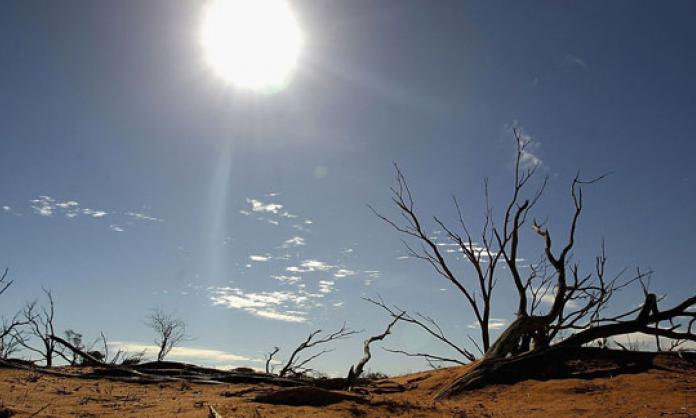More than 10 million of the world’s poorest people face the prospect of hunger and starvation over the next year due to the combined effects of global warming and a particularly strong El Niño event in the Pacific Ocean, according to a new report from Oxfam.
The report, Entering uncharted waters: El Niño and the threat to food security, details how drought and erratic rainfall in areas of Africa, Asia and Central America have led to a significant drop in production of key staples such as corn. These conditions are thought to be associated with record high global temperatures over the past year and a half.
According to the US National Oceanic and Atmospheric Administration, 2014 was the warmest year on record. Data for 2015 to date indicates that this year may be even hotter.
In Ethiopia, 4.5 million people are in immediate need of food relief. In Malawi, a combination of floods and subsequent drought mean that 2.8 million people will require assistance in the coming months. Food insecurity is forecast to affect 1.5 million people in Zimbabwe over summer.
Central American countries have also been impacted. According to Oxfam, “Some two million people are moderately or severely food insecure in the ‘dry corridor’, a ribbon of drought-prone land that runs through parts of Guatemala, Honduras, Nicaragua and El Salvador”. Half a million people in the Caribbean are in need of immediate food aid.
The situation is likely to worsen in coming months, due to an El Niño weather pattern in the Pacific.
El Niño is characterised by a warming of the surface waters of the tropical Pacific, an accompanying weakening of the trade winds, and a flow of warmer water from the western parts of the Pacific to the east. This results in a massive release of heat into the atmosphere, boosting global average temperatures and altering climatic conditions around the world.
Historically, El Niño events have occurred once every seven or eight years. Most of the time, they have no significant impact on the global climate. Periodically, for reasons that are unclear to scientists, a much stronger El Niño develops.
The most recent was in 1997-98. The effects were dramatic. According to Oxfam, the El Niño “brought record global temperatures and droughts, floods and massive forest fires. It caused 2,000 deaths and at least US$33 billion in property damage”.
Typically, El Niño causes drier weather across much of Australia, South-East Asia, southern Africa and Central America. Coming on top of existing drought conditions in many areas, the impact of the current El Niño – which is on track to match or even surpass the severity of the 1997-98 event – could be devastating.
Disturbingly, as the Oxfam report points out, in the context of a rapidly warming world, the extreme weather conditions we are currently seeing are likely to become the “new normal”.
Oxfam’s report appeals to governments to scale up their “humanitarian” efforts. What’s needed, they say, is “a major trans-national response to strengthen people’s resilience and implement climate change adaptation and disaster risk reduction”.
In the face of an immediate threat of widespread hunger and starvation such efforts should, no doubt, be supported. But we cannot, and should not, leave it there.
The people who should be made to adapt are those who caused the problem in the first place – the global corporate elite who have reaped windfall profits from a fossil-fuel based economy that is trashing the planet and who have resisted any attempt to change course.











